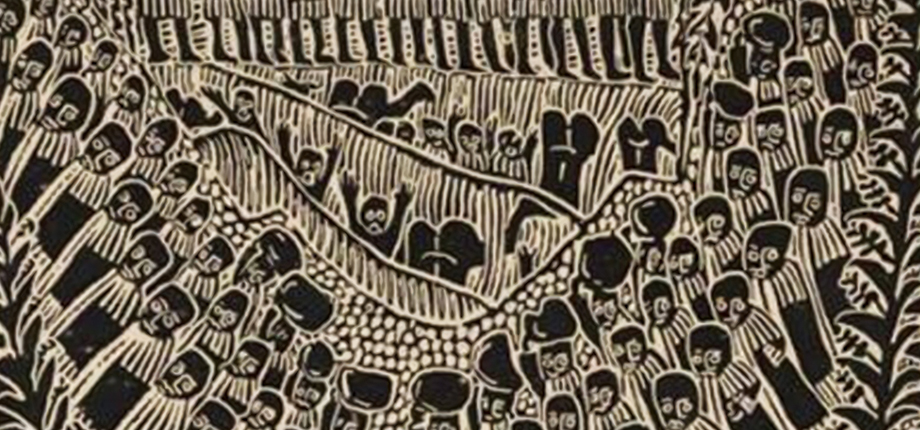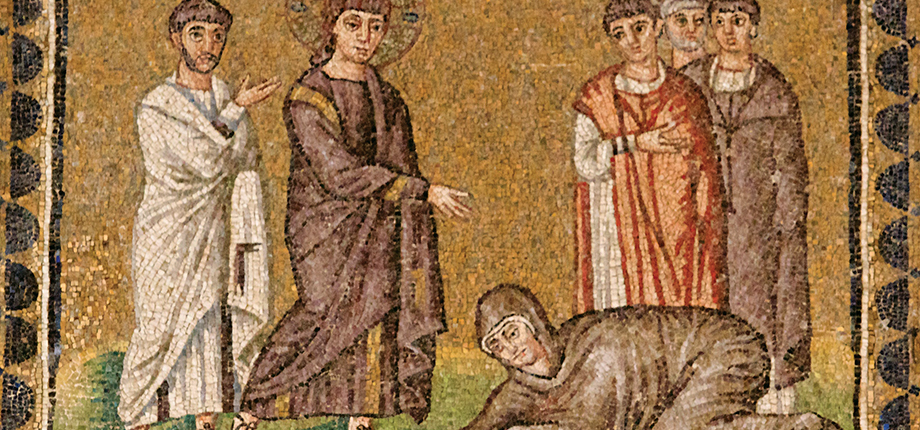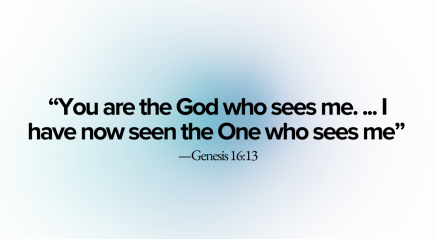Earlier this year, The Lutheran magazine invited readers to submit reflections on their favorite Bible characters and stories. No two entries were alike. Instead, the editors received a kaleidoscope of reflections on biblical people and stories that highlight the diversity of the body of Christ. Here is a preview of those selections, paired with artwork. May they comfort and inspire you this Advent season. You can read the story here.

A Lutheran perspective on human sexuality
Series editor’s note: In 2025, “Deeper understandings” is focusing on the ELCA social statements. We hope to reintroduce them to readers as a means of provoking fruitful, enriching conversation between Christians with different…









